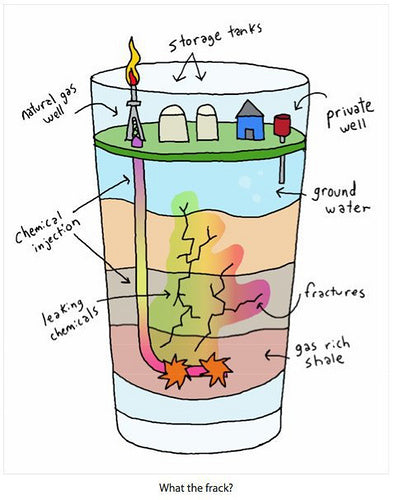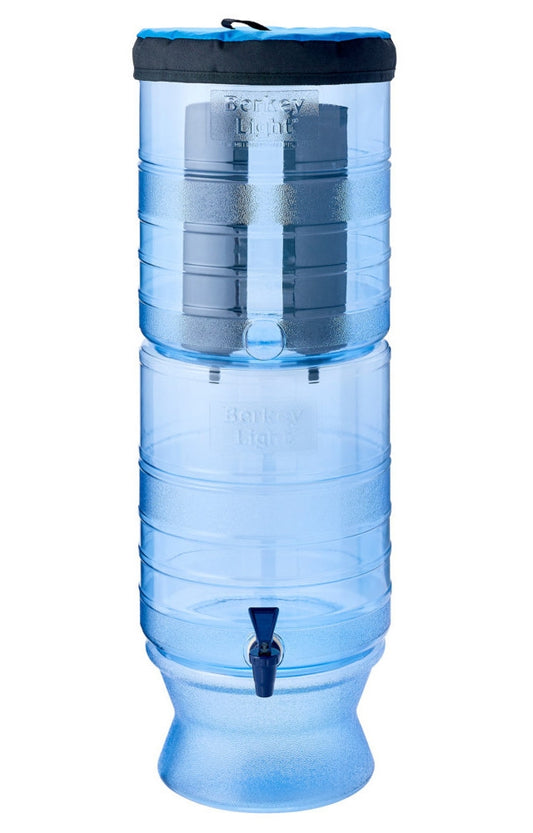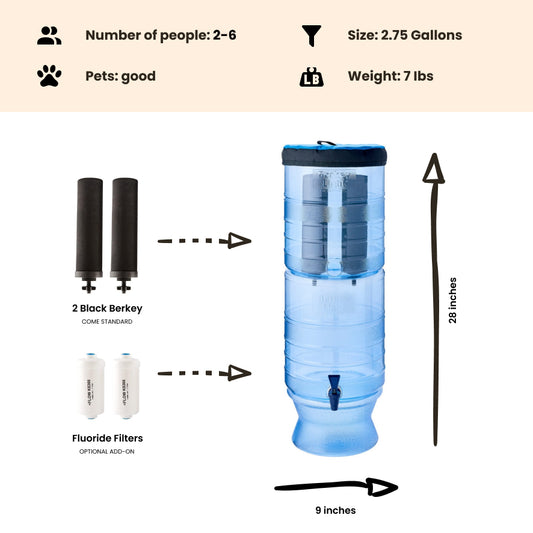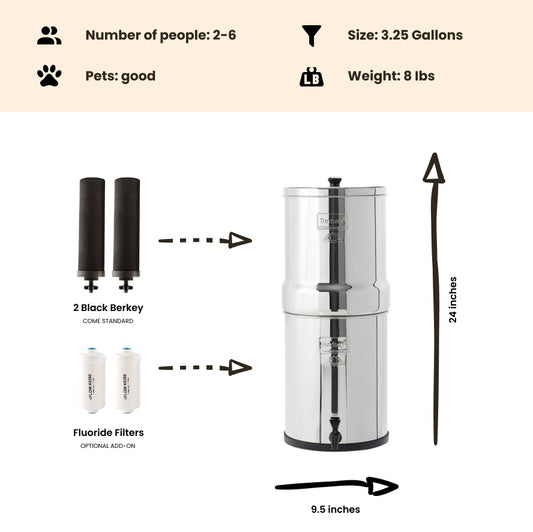
Fracking Chemicals Interfere with Normal Hormone Functioning
By Dan DeBaunShare
Endocrine-disrupting chemicals linked to infertility, birth defects and cancer detected in water near fracking sites
Hydraulic fracturing is a controversial method of extracting natural gas and oil trapped in layers of rock deep beneath the surface. This method of drilling employs a toxic potion of chemicals, many of which are known hormone disrupters according to a scientific study that was recently published in The Endocrine Society's journal Endocrinology.
Endocrine-disrupting chemicals – also known as EDCs – are hazardous chemicals that have the ability to disrupt the normal functioning of the endocrine system. EDCs may be present in manufactured goods, including certain food products, soil, water and air. Studies have shown that exposure to EDCs can cause cancer, infertility or birth defects.
“More than 700 chemicals are used in the fracking process, and many of them disturb hormone function,” said Susan Nagel, an author of the study based at the University of Missouri School of Medicine, who is concerned that as fracking operations expand, communities may face increasing health risks due to increased exposure to endocrine-disrupting substances.
The researchers assessed twelve potential endocrine-disrupting chemicals used in fracking operations, measuring their power to block or mimic the functions of both male and female human reproductive hormones.
To assess whether fracking operations led to increased endocrine-disrupting activity, the research team analyzed and compared water samples collected from sites in a densely drilled area in Garfield County, CO, containing over 10,000 active gas wells where spills have been reported, to water samples collected from sites in Garfield County, CO and Boone County, MO that are not densely drilled and where no spills have occurred.
The results of the tests showed that water samples collected from densely drilled sites contained higher concentrations of EDCs that could disrupt hormone functioning in the human body, interfering with how the body responds to androgens – hormones that include testosterone and estrogen, both of which play an essential role in reproduction. EDC levels in water samples collected from drilling sites ranged from moderate to high, while samples collected from the Colorado River – which is essentially the drainage basin of the fracking sites – contained moderate levels of EDC activity. By comparison, samples collected from sites with low drilling activity contained low levels of EDC activity.
Most concerning, is the fact that spills which occur during natural gas drilling operations can contaminate water resources, including surface water, groundwater and drinking water sources, yet fracking is exempt from federal regulations that protect water quality. “We found more endocrine-disrupting activity in the water close to drilling locations that had experienced spills than at control sites. This could raise the risk of reproductive, metabolic, neurological and other diseases, especially in children who are exposed to EDCs,” cautions Nagel.
The study, “Estrogen and Androgen Receptor Activities of Hydraulic Fracturing Chemicals and Surface and Ground Water in a Drilling-Dense Region”, was published online, ahead of print.
Journal Reference:
Christopher D. Kassotis, Donald E. Tillitt, J. Wade Davis, Annette M. Hormann, and Susan C. Nagel. Estrogen and Androgen Receptor Activities of Hydraulic Fracturing Chemicals and Surface and Ground Water in a Drilling-Dense Region. Endocrinology, December 2013.
-
Regular price From $302.00 USDRegular priceUnit price / per
-
Regular price $234.00 USDRegular priceUnit price / per
-

 Sold outRegular price From $305.00 USDRegular priceUnit price / per
Sold outRegular price From $305.00 USDRegular priceUnit price / per -
Regular price $327.00 USDRegular priceUnit price / per
-
Regular price From $367.00 USDRegular priceUnit price / per
-
Regular price From $408.00 USDRegular priceUnit price / per
-
Regular price From $451.00 USDRegular priceUnit price / per

Dan DeBaun
Dan DeBaun is the owner and operator of Big Berkey Water Filters. Prior to Berkey, Dan was an asset manager for a major telecommunications company. He graduated from Rutgers with an undergraduate degree in industrial engineering, followed by an MBA in finance from Rutgers as well. Dan enjoys biohacking, exercising, meditation, beach life, and spending time with family and friends.
~ The Owner of Big Berkey Water Filters

















Does the Big Berkey remove these chemicals from the water?
Hi Rebecca -
The fracking companies have not made the list of the chemicals they use in the fracking process availble for public review as they state they are "proprietary formulas". What that means is that water filtration companies cannot test for the removal of these chemicals as we do not have a specific list to test for.
Thanks
Dan